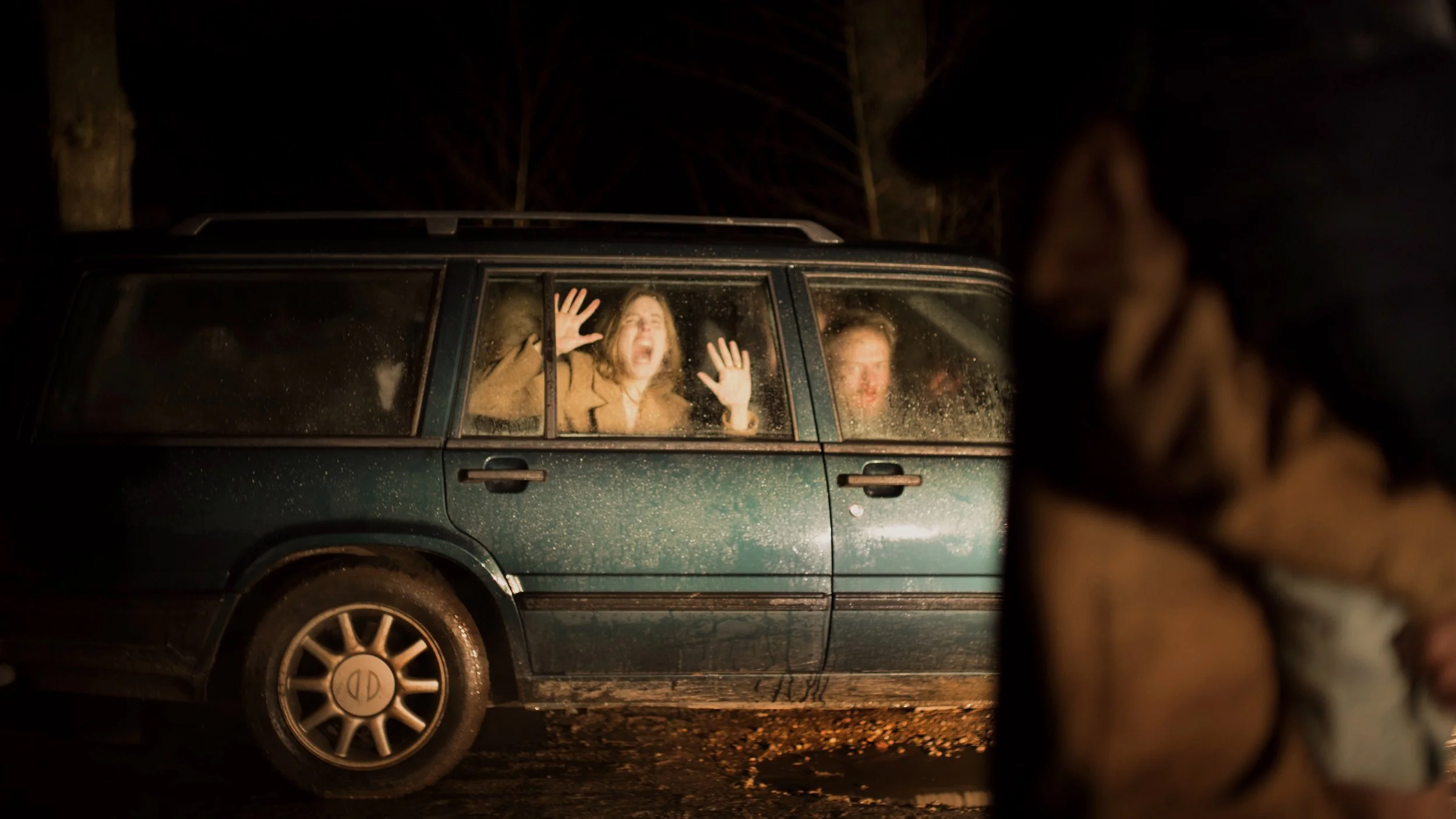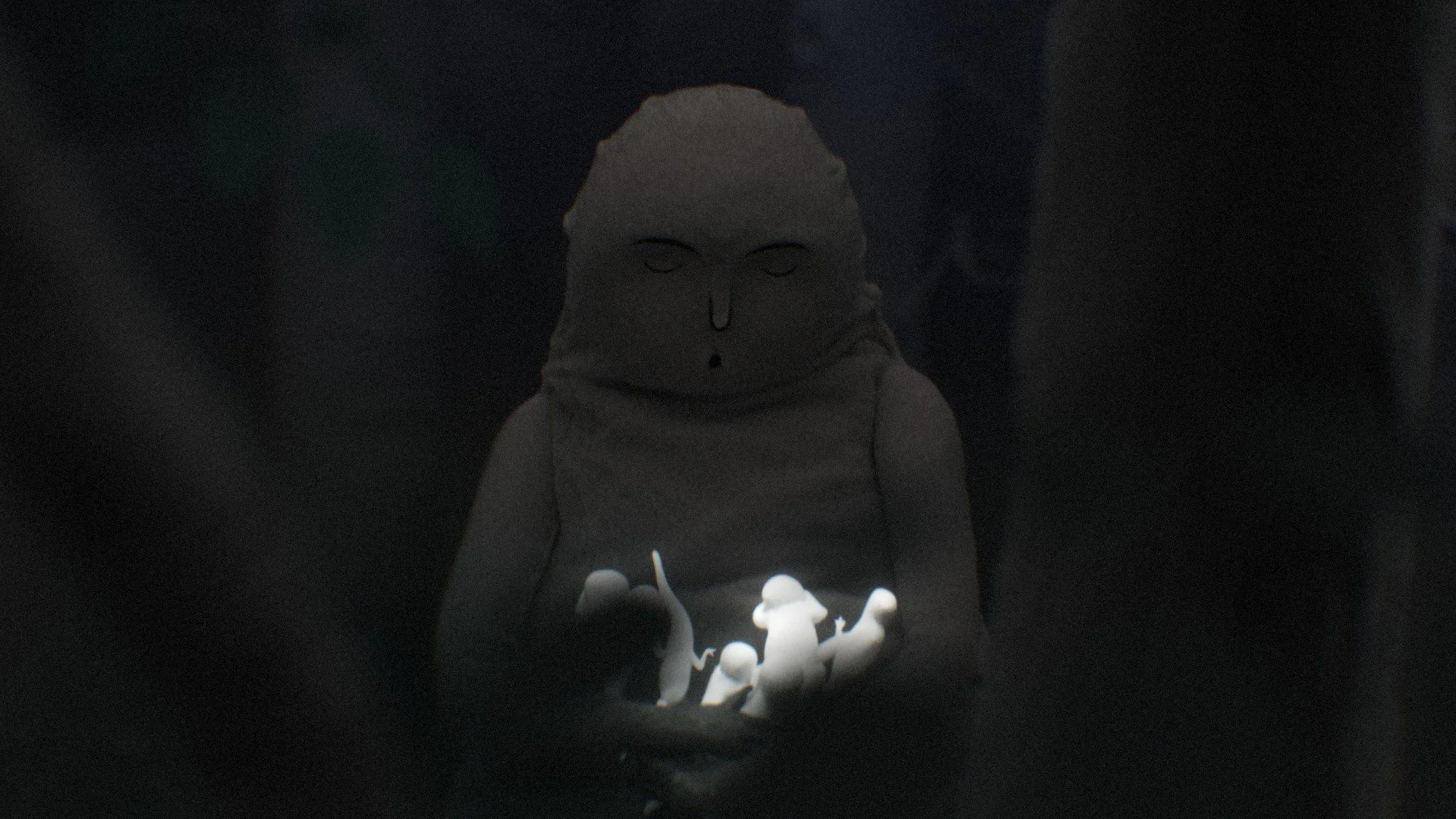Seattle International Film Festival 2022 Review Feature
The 2022 Seattle International Film Festival is underway and Cinema As We Know It is covering as many films as possible so you know which films to see! From April 14th and through the 24th, we’ll be regularly updating this article with capsule reviews for festival films. Check back every couple days to see whats new!
—
Cha Cha Real Smooth
“…The stripped-down narrative of Cha Cha Real Smooth is similar to that of Mike Nichols’ 1967 drama. A directionless college grad starts a fleeting relationship with a older woman — both parties partaking in this affair as an emotional outlet for their troubles. Similar to that of her character in The Lost Daughter, Johnson’s Domino plays a mid-thirties mother who lives with a regretful past. She suffers from abandonment brought on by her original husband who left both her and Lola in an act of selfish cruelty. The following years leaves Domino in a depressed search for something stable that might provide structure and fulfillment in her life. For Andrew, a person who lacks any of those things as a twenty-two year old, he believes he can assume that role while simultaneously creating some sense of direction in his own life.
Raiff makes his intentions clear in no uncertain terms. By the time the film nears its conclusion, Domino spells out the film’s lessons directly to Andrew in an act of rejection. Though Cha Cha Real Smooth shows improvement as a sophomore feature, it largely follows in the footsteps of the American indie films that came before it by telegraphing its emotions plainly and with an abundance of sentimentality. As a movie, it comes to be rigorously defined by its message more than its direction, which comes across as easy, digestible, and lofty…”
Read Our Full Review Here
—Greg Arietta
Fire of Love
“…Fire of Love isn’t a technical documentary about the intricate mechanism of volcanic eruptions, though it has foundational collage animations for the uninitiated scientists among us. Nor is it a storm-chasingesque showcase for adrenaline junkies. Through July’s poetic and contemplative voice over on top of Katia and Maurice’s archival footage, director Sara Dosa seems to be asking the audience one core question: what do the Kraffts’ choices mean about humanity?
The truth is, people often don’t have the perspective to see geological time on its grand scale. For most, the ground is stationary rather than a series of tectonic plates colliding and separating at lingering rates. A river flows through the same dirt as last year, rather than subtly cutting its riverbed in a million-year long struggle to create a canyon. But these processes have an effect on us in the ephemeral time that we share the Earth with each other. Rather than just romanticizing the lure of primal power of volcanoes with Katia and Maurice’s story, we find ourselves falling for the curiosity of knowledge and contagious passion of strangers. With Fire of Love, the Krafft’s dedication to their romance burns bright and fast and invites us to look closer at our home planet and eventually ourselves.”
Read Our Full Review Here
—Kevin Connor
Riotsville, USA
“…So many documented images in Riotsville, USA parallel our times in uncanny ways. The fact that outside agitator arguments were used back in the 1960s would be comical if it weren’t so pervasive an argument in contemporary conservatism now. More so, seeing a group of old white women at a gun range practicing self-defense is admittedly funny if not absurd. At times, the film reminds me of Atomic Cafe, a documentary also comprised entirely of archival footage that shows the insanity of Cold War America. That film is truly funny because we can look in the rearview and laugh at American policy that we have since now written off as nonsense. But as satirically dystopian as a faux-American town called Riotsville is, the events taking place in the 1960s are still as real as ever, even worse, which makes Petengill’s documentary a sobering reminder of America’s ongoing policing problem.”
Read Our Full Review Here
—Greg Arietta
Speak No Evil
“When on holiday in Italy, a Danish family — Bjorn, Louise, and daughter Agnes — meet a similarly structured Dutch family — Patrick, Karin, and son Abel. They make small talk and get along well, so well that they exchange contact information that leads to Patrick and Karin extending Bjorn and Louise an invitation to come visit them. To the invited guests, it seems a tad precarious, but what is there to doubt when you believe the best in people? Bjorn, Louise and Agnes accept their offer and visit the Dutch family for a weekend, but while interactions seem amicable at first, it doesn’t take long for the host family’s quirks to start raising concerns.
For the first two thirds of Speak No Evil, the film walks a nimble line of precarious unease as audiences decipher Patrick and Karin’s actions. Patrick will make forceful proclamations about how Dutch cheese is being discredited by the world. Later, Patrick and Karin will demean their child through what they perceive as tough parenting. Bjorn and Louise concede at first for the sake of being gracious guests, but they start to interject when lines are crossed. The unsettling proximity of awkward and psychotic behavior forces them to ask whether Patrick and Karin are simply eccentric individuals or if there is something more menacing to them…”
READ OUR FULL REVIEW HERE
—Greg Arietta
Brutalia: Days of Labour
Bees work as a collective. There’s a queen at the top and an army of worker bees below her who do all the work. Within the hive, there are instinctive, sociological rules that govern each and every bee, defining a social order that prioritizes the system over the individual self. In Brutalia: Days of Labour, the natural order of bees provides a metaphor for the normative constructs of our society. Anna is a “worker bee.” She trains with other worker bees, all in a green army jumpsuit with a black bobbed wig, spending their days carrying out labor in the name of the queen. Anna slowly becomes accustomed to the traditions of “the hive”, but through her training, she has a conscious realization that the social order she contributes to might not be worth saving.
Brutalia: Days of Labour questions social constructs with a critical eye. Functions of the hive — orated by an omnipresent narrator with scientific diction — are framed as fundamental, something common place in larger social order. Notions of capital, labor and gender roles intermingle, and it doesn’t take long for Anna to realize that her role is merely being subservient to the system. Director Manolis Mavris lets these ideas breath within her prolonged metaphor; there are no literal comparisons in this surreal dystopia, rather analogous images of uniform collective labor and gendered ranks within the hive. It asserts, in a general sense, that the commonly accepted constructs that keep society held upright are to be questioned, and, as the anarchistic ending eludes to in explosive terms, destroyed if deemed irreparable. Of the lot of seven shorts in SIFF’s “WTF!” section this year, Brutalia was not only the most thought provoking, it was also the all around winner.
—Greg Arietta
ZOON
A small but memorable short in the “WTF!” section this year is Zoon. Glowing white axolotls mate in the underbrush of an indistinct and dark forrest. Suddenly, a group of bulbous potato sack creatures emerge and unexpectedly eat them. The consuming effects cause them to float, lifting them above the tree layer so they can witness the sun for one brief and shinning moment before they evaporate into thin air. That is Zoon in total, but the four minute short is a great example of esoteric circumstances that excel in weirdness, jettisoning logic for a quick gag on the back of simple, stylized animation. A well rounded oddity.
—Greg Arietta
Hit the Road
“The circumstantial conflict of Panah Panahi’s debut feature film, Hit the Road, is something of a secret. Out the gate, you don’t know why a family of four is going on a cross country road trip, but you get the sense that what drives them is urgent. The older son drives, saying what is minimally required of him. Father and younger brother spar jokingly in the back seat with a witty war of words. And the mother makes the most of the situation in the passenger seat by putting on a best face in spite of the looming knowledge that, at the end of this trip, her older son will not be coming home.
Such an emotional separation gives Hit the Road an easy inroad for the conventional family drama. But instead of giving in to those temptations, Panahi carries the majority of his film with the levity of a road comedy. This association comes with its own baggage, but it should be duly noted that this film distances itself from the popular connotations of the genre. No, this is no National Lampoon’s Family Vacation. Rather, this is, to its benefit, a film with much more verbal wit and comedic bite than its American counterparts…”
FULL NYFF REVIEW CAN BE FOUND HERE
-Greg Arietta








